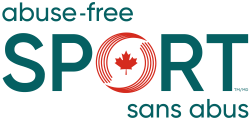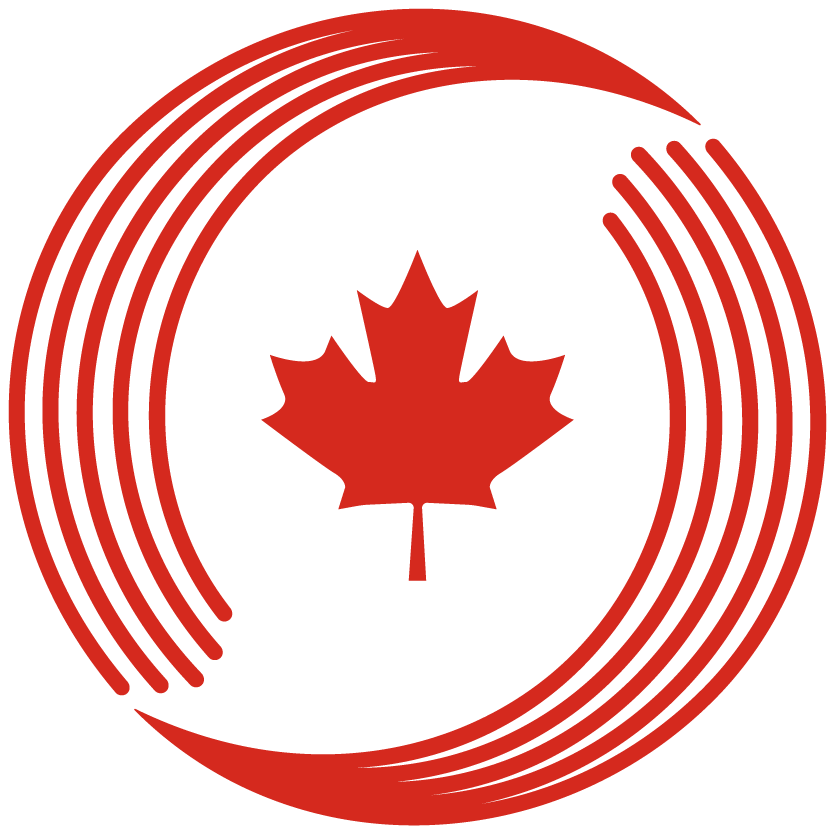Abuse-Free Sport Education Accreditation Program
Application period closed.
Overview
The overall objective of the Abuse-Free Sport Education Accreditation program is to promote access to safe sport education and training that is aligned with the purpose and objectives of the Universal Code of Conduct to Prevent and Address Maltreatment in Sport (“UCCMS”). This will help improve the culture of sport in the country and also ensure there is a concerted approach through national standards for quality accredited education programs disseminating consistent safe sport messaging.
Standards for Accreditation
Any accredited safe sport education or training must, at a minimum, address one of the following content standards. Applications that address multiple standards will be viewed favorably:
A. Definitions, descriptions and examples of prohibited behavior as outlined in the UCCMS;
B. Signs and symptoms of the various types of maltreatment;
C. Information regarding the duty to report for any concern within and outside of child protection;
D. Scope of application of the UCCMS to Canadian sport; and
E. Clearly defined roles and responsibilities for those with direct participant contact, including participants, and those with no direct participant contact.
Additionally, any Education or Training seeking accreditation should include and/or respect the following delivery standards:
F. Clear, consistent content and language that is appropriate for the target audience;
G. Specific training scenarios or examples relevant to appropriate target audiences;
H. Relevant and adequate context (i.e., laws, languages, culture), where appropriate;
I. Accessible to all learners, including those with temporary or permanent disabilities;
J. *Available in either English or French, and ideally both;
Any education or training that is delivered in an Indigenous language is exempt from this standard.
K. *Process to monitor, track and report on successful completion by participants;
L. *Process for participants to provide anonymous feedback on a given training; and
M. *Where facilitators are required, documentation is accessible on minimum qualifications for facilitators delivering in-person or virtual safe sport education or training.
Standards *J-M have been deemed mandatory and their inclusion is necessary for accreditation.
In recognition that people from marginalized groups are particularly vulnerable to maltreatment, the Education Accreditation Selection Committee will pay particular attention to any education and training that aims to cultivate safer, braver, positive, and healthy sport environments for:
- Participants with disabilities;
- Participants who identify as 2SLGBTQIA+;
- Participants that are Black, Indigenous, and People of Colour;
- Participants who are newcomers to Canada; and
- Participants who lack access or face barriers to resources (e.g., funds, housing).
Application Information
Abuse-Free Sport will accept applications for the Abuse-Free Sport Education Accreditation Program on a rolling basis. The Selection Committee will review and accredit applications on a quarterly basis according to the following review cycle:
- Applications received by February 1 will be evaluated by March 31.*
- *Please note: Due to the transition of the Abuse-Free Sport program to the Canadian Centre for Ethics in Sport on April 1, 2025, we are advancing the application deadline for this review cycle to February 1, 2025 (initially on March 1). This will allow the Selection Committee and the SDRCC to complete evaluations and accreditations before the transition date.
- Applications received by May 1 will be evaluated by June 30.
- Applications received by August 1 will be evaluated by September 30.
- Applications received by December 1 will be evaluated by January 31.
All accredited Education or Training will be featured on the Abuse-Free Sport Education Library.
Education Accreditation Program Selection Committee
The Education Accreditation Selection Committee will evaluate applications, and accredit safe sport training and education programs.
Abuse-Free Sport Education Accreditation Program Guidelines
If you wish to have more information about the program (evaluation criteria, evaluation process, etc.), please consult the Abuse-Free Sport Education Accreditation Program Guidelines.
Contact Information
If you have any questions, or require application support, please contact us.

